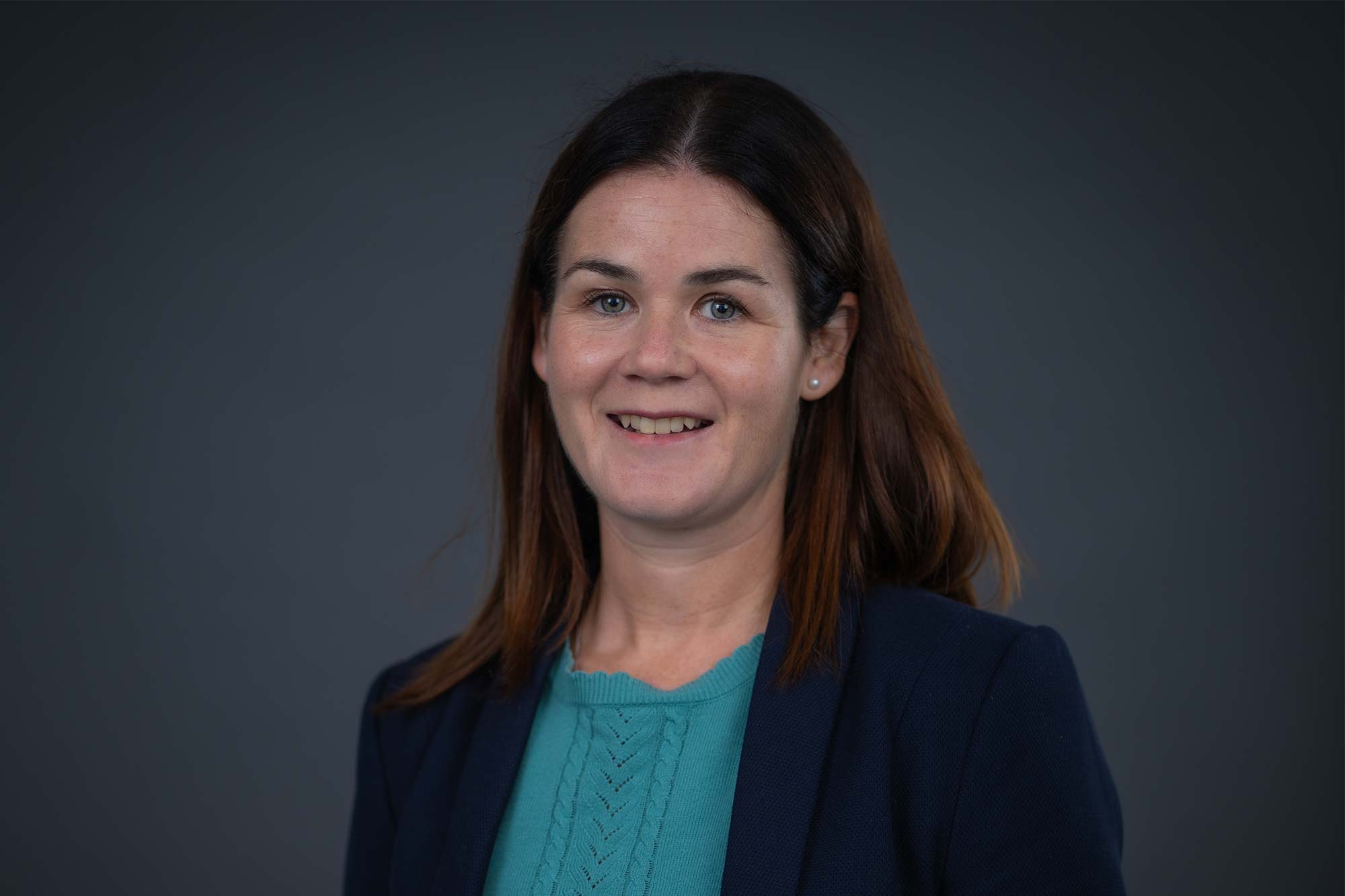- Prospective Applicants
-
Current PhD Researchers
- Careers and Opportunities
- Careers
- Go Global
- Science Shop
-
Supervisors
- Find a PhD
- PhD Manager
High-pressure hydrogen jet releases, if ignited, can generate not only thermal effects on humans and structures in the form of high-temperature flows and thermal radiation but also hazardous pressure effects (overpressure and impulse). A hydrogen jet released into the air may be ignited immediately, resulting in a jet fire, i.e. non-premixed turbulent combustion, or after some time, resulting in delayed ignition, whereby the combustion of the turbulent premixed hydrogen-air cloud can lead to significant overpressures before a jet fire is formed.
Contemporary tools such as Computational Fluid Dynamics (CFD) and reduced models are needed to predict pressure dynamics and loads which are dependent on the release parameters (pressure and release diameter), jet parameters (free or impinging jet), ignition location and delay in timing of ignition, etc.
Within this study such tools will be developed and validated against available experimental data. Results of CFD simulations can be used to inform the development of predictive engineering correlations. The results of the studies on impinging jets will have a twofold application facilitating the understanding of the potential damage caused but also informing understanding of the mitigation potential of a structure, dependent on whether the jet impinges on a piece of equipment/infrastructure or a barrier. Scenarios involving delayed ignition of turbulent releases in enclosed or congested spaces may be added to the study.
The Ulster multi-phenomena deflagration model with suitable modifications can be employed for the CFD modelling of combustion of the turbulent inhomogeneous hydrogen-air mixture in the jet.
The candidate should undertake coupled CFD-FEM study of hydrogen jet fire effects on structures stability and integrity, e.g. tunnel structures, residential buildings, etc. The outputs from this study will inform guidance for safety engineers, and advance understanding of delayed ignition of hydrogen jets.
Applicants should hold, or expect to obtain, a First or Upper Second Class Honours Degree in a subject relevant to the proposed area of study.
We may also consider applications from those who hold equivalent qualifications, for example, a Lower Second Class Honours Degree plus a Master’s Degree with Distinction.
In exceptional circumstances, the University may consider a portfolio of evidence from applicants who have appropriate professional experience which is equivalent to the learning outcomes of an Honours degree in lieu of academic qualifications.
The University offers the following levels of support:
The following scholarship options are available to applicants worldwide:
These scholarships will cover full-time PhD tuition fees for three years (subject to satisfactory academic performance) and will provide a £900 per annum research training support grant (RTSG) to help support the PhD researcher.
Applicants who already hold a doctoral degree or who have been registered on a programme of research leading to the award of a doctoral degree on a full-time basis for more than one year (or part-time equivalent) are NOT eligible to apply for an award.
Please note: you will automatically be entered into the competition for the Full Award, unless you state otherwise in your application.
The scholarship will cover tuition fees at the Home rate and a maintenance allowance of £19,000 (tbc) per annum for three years (subject to satisfactory academic performance).
This scholarship also comes with £900 per annum for three years as a research training support grant (RTSG) allocation to help support the PhD researcher.
Due consideration should be given to financing your studies. Further information on cost of living
Submission deadline
Monday 18 February 2019
12:00AM
Interview Date
13 March to 21 March 2019
Preferred student start date
September 2019

Telephone
Contact by phone
Email
Contact by email